
RDS NEWS
From the Research Design Service (RDS) desk – optimising recruitment to a clinical trial
In this month’s blog post, we hear from Irene Stratton from RDS South Central about how to optimise recruitment to clinical trials, a key part of any successful research application and critical to successful study delivery. Find out more.
NIHR Grant Applications Seminar: guest speakers confirmed
Our popular seminar continues online and will take place on Thursday 7th July 2022 from 10.00am – 12.30pm.
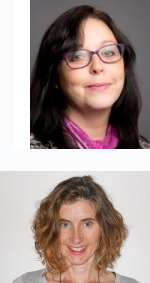 We’re pleased to announce we’ll also be hearing from Janine Bestall and Louise Hayes about the NIHR Public Health Research (PHR) programme. They will be giving an overview of the programme, the assessment process and what the funding panels are looking for.
We’re pleased to announce we’ll also be hearing from Janine Bestall and Louise Hayes about the NIHR Public Health Research (PHR) programme. They will be giving an overview of the programme, the assessment process and what the funding panels are looking for.
Find out more.
NIHR News
Research Reset: recovering the UK’s capacity to deliver clinical research
Research Reset is the approach being implemented to recover the UK’s capacity to deliver clinical research. Reset is an ongoing process, and sponsors have been provided access to an online tool which provides a live view of studies requiring review.
Join Dementia Research call back
The ‘Join Dementia Research’ website has a new call back function, so healthcare professionals can sign their patients up to find out which research studies they could participate in. Watch their video to find out more.
Excess Treatment Costs thresholds lowered
Excess Treatment Costs (ETC) are costs incurred when treatments given as part of research studies are more expensive than the care participants would normally receive. The ETC threshold has been lowered, providing additional funding to secondary care providers with an additional 120 NHS sites receiving payments, helping to deliver the Government’s research vision. Find out more.
eBulletins and Newsletters
NIHR Evidence: May 2022
Events
NIHR Senior Investigator award
The NIHR Nursing and Midwifery Incubator is hosting a webinar on 20 June 2022, to raise awareness of the NIHR Senior Investigator Award to nurse and midwife applicants. It will cover panel expectations, experience of successful applicants, and information about the support the incubator can provide.
Developing Innovative, Inclusive and Diverse Public Partnerships Programme Development Grant – webinar: 21 June, 10:30am – 12:45pm. A new annual funding call to encourage inclusive and/or new ways of partnership working between community and charity groups and researchers in health and social care. Find out more and register.
Research for Social Care
Interested in applying to our social care research funding call? Join the NIHR for a webinar on 28 June 2022, to find out more and hear from the Research for Social Care Programme team, RDS, and previous applicants.
How to apply public involvement effectively to your research application
Find out how to incorporate public involvement successfully into your research, and hear insights from a researcher and public involvement representative, at our webinar on 6 July 2022. This will cover NIHR’s definition of public involvement, guidance on co-producing a research project, what NIHR is looking for in public involvement, and more.
Funding Opportunities
Latest NIHR funding calls
Cross-programme
22/72 NIHR Research Partnerships – liver disease
Programme Grants for Applied Research (PGfAR)
Competition 39
Your local branch of the NIHR RDS (Research Design Service) is based within the BU Clinical Research Unit (BUCRU) should you need help with your application. We advise on all aspects of developing an application and can review application drafts as well as put them to a mock funding panel (run by RDS South West) known as Project Review Committee, which is a fantastic opportunity for researchers to obtain a critical review of a proposed grant application before this is sent to a funding body or if you’re hoping to resubmit the panel can provide some excellent tips and feedback.
Contact us as early as possible to benefit fully from the advice
Feel free to call us on 01202 961939 or send us an email.

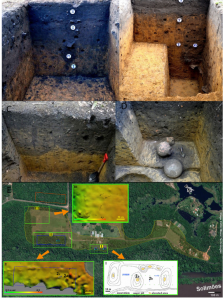

 We’re pleased to announce we’ll also be hearing from Janine Bestall and Louise Hayes about the NIHR Public Health Research (PHR) programme. They will be giving an overview of the programme, the assessment process and what the funding panels are looking for.
We’re pleased to announce we’ll also be hearing from Janine Bestall and Louise Hayes about the NIHR Public Health Research (PHR) programme. They will be giving an overview of the programme, the assessment process and what the funding panels are looking for.
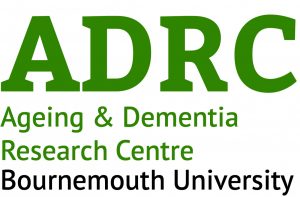
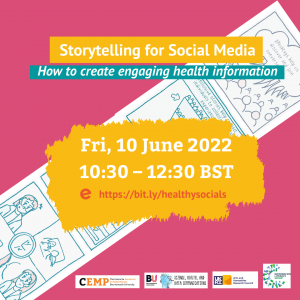

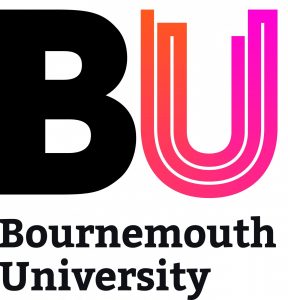
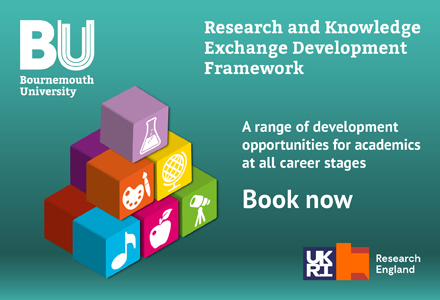
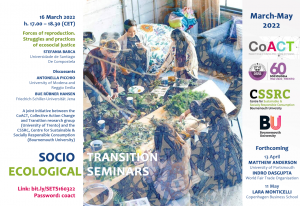


 The Science, Health, and Data Communications Research Centre invites you to our Winter-Spring 2022 research series. These talks are open to the public, and encompass topics on representations of bodies in the media, managing your health data, immersive media, and community responses to suicide.
The Science, Health, and Data Communications Research Centre invites you to our Winter-Spring 2022 research series. These talks are open to the public, and encompass topics on representations of bodies in the media, managing your health data, immersive media, and community responses to suicide.
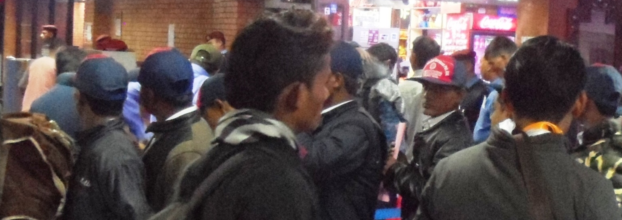












 New weight change BU paper
New weight change BU paper One week to go! | The 16th Annual Postgraduate Research Conference
One week to go! | The 16th Annual Postgraduate Research Conference Geography and Environmental Studies academics – would you like to get more involved in preparing our next REF submission?
Geography and Environmental Studies academics – would you like to get more involved in preparing our next REF submission? Congratulations to three former BU staff
Congratulations to three former BU staff Applications are now open for 2025 ESRC Postdoctoral Fellowships!
Applications are now open for 2025 ESRC Postdoctoral Fellowships! Horizon Europe – ERC CoG and MSCA SE webinars
Horizon Europe – ERC CoG and MSCA SE webinars ERC grants – series of webinars
ERC grants – series of webinars MaGMap: Mass Grave Mapping
MaGMap: Mass Grave Mapping Last reminder – MSCA Postdoctoral Fellowships 2024 internal deadline next week
Last reminder – MSCA Postdoctoral Fellowships 2024 internal deadline next week